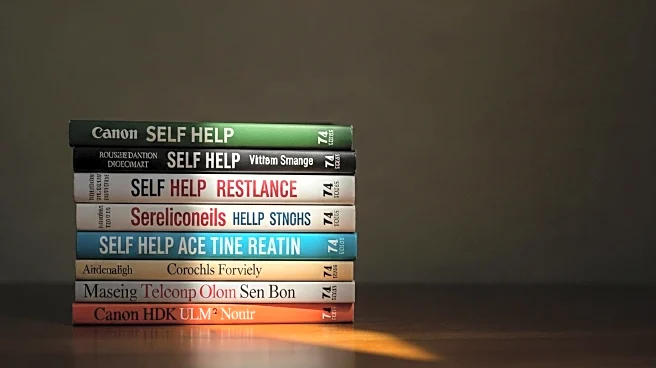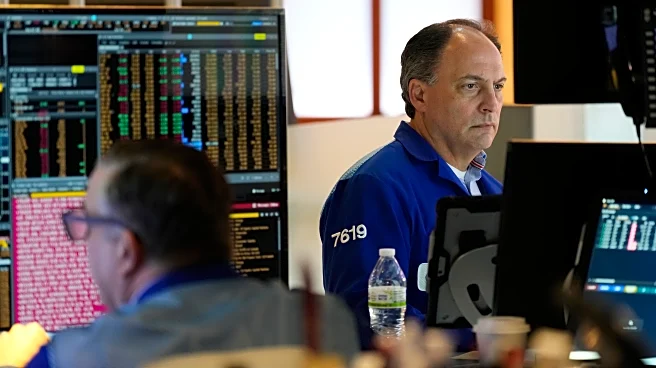What's Happening?
Sean 'Diddy' Combs, currently incarcerated at the Metropolitan Detention Center in Brooklyn, has initiated a self-help and business education program for fellow inmates. The program, named 'Free Game With Diddy,' is a six-week course designed by Combs himself, featuring a 15-page curriculum that covers business management, entrepreneurship, and personal development. The course includes components such as goal setting and discipline, with Spanish-language support available through interpreters. Combs's defense team is presenting this initiative as evidence of his rehabilitation and meaningful contribution during his confinement. Testimonials from participants and a letter from an inmate counselor have praised the program, highlighting improved personal focus and ambition among attendees.
Why It's Important?
The initiative by Combs is significant as it reflects efforts towards rehabilitation and personal transformation, which could influence his upcoming sentencing. Combs's legal team is advocating for a reduced sentence, citing his educational contributions as mitigating factors. This development could impact the perception of rehabilitation programs within the prison system, potentially encouraging other inmates to engage in similar activities. However, prosecutors are seeking a longer sentence due to the serious nature of his convictions, which include transportation-to-engage-in-prostitution counts. The outcome of Combs's sentencing could set a precedent for how educational initiatives are weighed in legal proceedings.
What's Next?
Combs's sentencing is scheduled for October 3, 2025, where the judge will consider whether his educational program indicates sustainable behavioral change. Supporters hope the initiative will positively influence the judge's decision, while skeptics argue that legal strategy will play a significant role. The sentencing outcome will determine Combs's future and could influence the broader discussion on rehabilitation and education in the prison system.
Beyond the Headlines
The case raises questions about the role of rehabilitation in the justice system and whether educational programs can genuinely transform inmates or serve as legal tactics. It also highlights the potential for influential figures to leverage their experience for positive change, even in challenging circumstances. The broader implications could affect public policy on prison education and rehabilitation.










